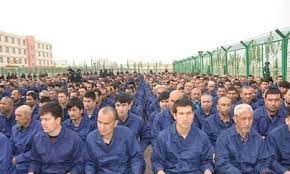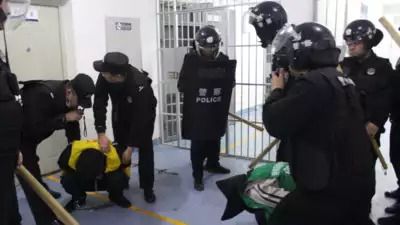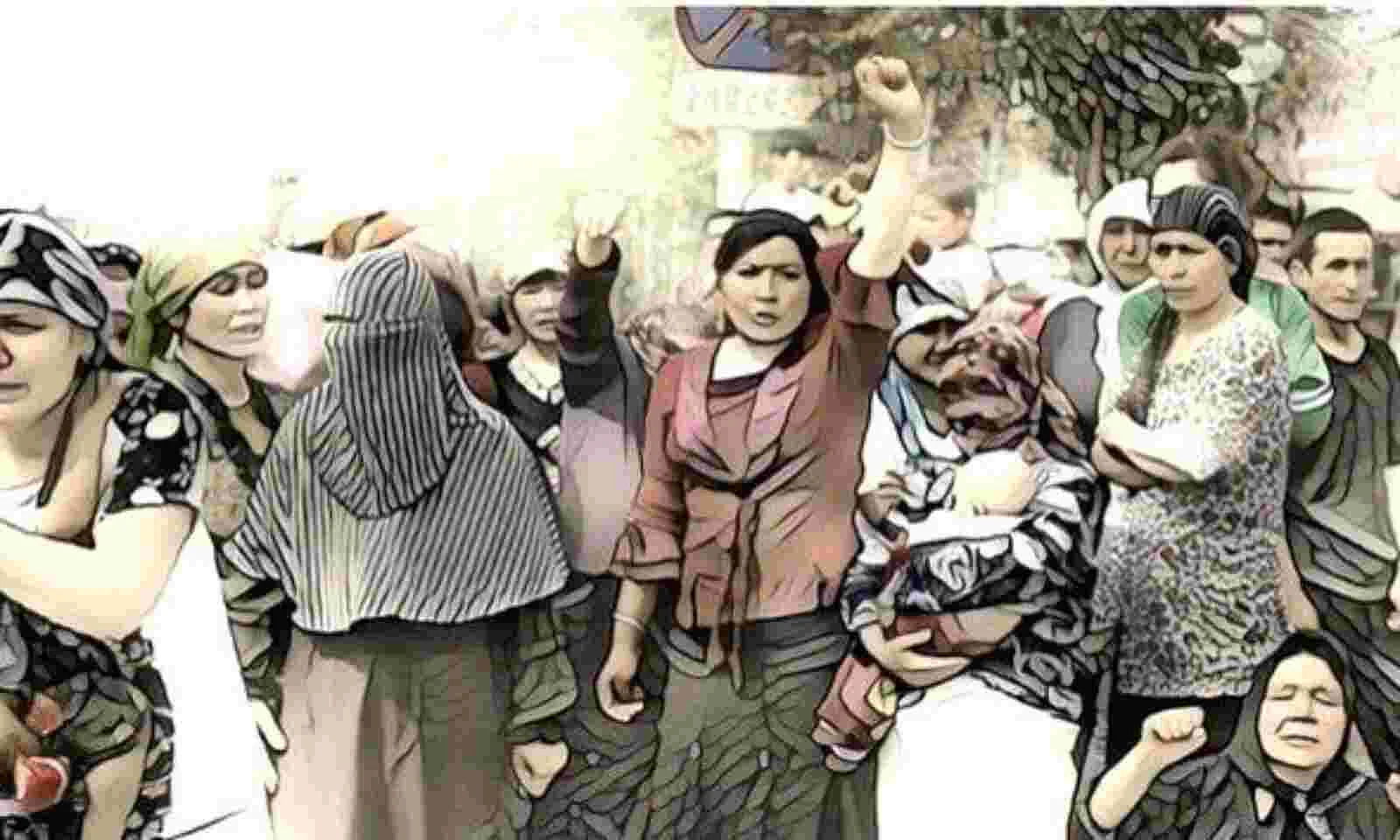The UN human rights chief Michelle Bachelet’s six-day visit to China has been widely criticized by human rights activists across the globe. It was the first trip of a UN High commissioner to China in 17 years.
The UN chief was accused of failing to hold China accountable for its human rights abuses in Xinjiang region against Uighur Muslims. However, she defended her move saying she raised concerns with officials about the treatment of Uighurs and that her visit to China, including Xinjiang province, was not an investigation.
The top UN human rights official said the visit will pave the way for more regular interactions to support China in fulfilling its obligations under international human rights law.
China must not use legitimate concerns about “terrorism” to justify human rights abuses, she said after the visit concluded.
Sophie Richardson from Human Rights Watch said that Bachelet’s visit seemed to be about “making nice with the Chinese government” rather than holding it accountable for some of the worst human rights violations it has committed under international law.
In China, Bachelet gave a very measured statement and started out by talking about the achievements of the Chinese government before she even mentioned Xinjiang, reported AJ.
China has been accused of committing crimes against Uyghur Muslims in the autonomous north-western region of (East Turkestan) Xinjiang.
More than one million Uyghurs have been detained by China for practicing their religion (Islam) and culture against their will in a large network of what the China state calls as "re-education camps" to combat ‘Islamic terrorism and extremism’.

A shoot-to-kill policy has been adopted in the detention centres for those trying to escape.

The US is among several countries to have previously accused China of committing genocide in Xinjiang. The leading human rights groups Amnesty and Human Rights Watch have published reports accusing China of crimes against humanity.
Several countries, including the US, UK, Canada and the Netherlands, have accused China of committing genocide - defined by international convention as the "intent to destroy, in whole, a national, ethnical, racial or religious group".
The declarations follow reports that, as well as interning Uyghurs in camps, China has been forcibly mass sterilizing Uyghur women to suppress the population, separating children from their families, and attempting to erase the cultural-religious traditional group.
Earlier, leaked documents known as the China Cables made clear that the camps were intended to be run as high-security prisons, with strict discipline and punishments. Moreover, people who have managed to escape the camps have reported physical, mental, and sexual torture. Women have spoken of mass rape and sexual abuse.
"They call Islam a disease and forcefully erase Islamic teachings inside our hearts and minds," one of the survivor who lives in Turkey said.
China has also been accused of targeting Muslim religious figures and banning religious practices in the region, as well as destroying mosques and tombs.
According to Human Rights Watch, police use a mobile app to monitor people's behaviour, such as how much electricity they are using and how often they use their front door.
Survivors of detention centres have explained in classes, they were taught that Islam is a disease and small children were indoctrinated by Chinese teachings.
Xinjiang (East Turkestan) lies in the northwest of China and is the country's largest region. It is autonomous in theory but practically, the region has been controlled by the Chinese central government. The oil & natural gas-rich region is an important trade link for china to the Western countries.

There are about 12 million Uyghurs, mostly Muslim, living in Xinjiang. Uyghurs speak their own language and make up less than half of the Xinjiang population.
In the early 20th Century, the Uyghurs briefly declared independence for the region but it was brought under the complete control of China's new Communist government in 1949.

Anti-Han and East Turkistan separatist sentiment rose in Xinjiang from the 1990s, sometimes flaring into violence. In 2009 about 200 people died in clashes in Xinjiang, which the Chinese blamed on Uyghurs who wanted their own state. But in recent years a massive security crackdown has crushed dissent.
In recent decades, the region has seen mass migration of Han Chinese (China's ethnic majority) into Xinjiang, allegedly orchestrated by the state to dilute the minority population there.
Xinjiang is controlled with a sophisticated network of surveillance, including police, checkpoints, and cameras that scan everything from number plates to individual faces also researchers and journalists are disallowed near or inside the detention centers for documentation.